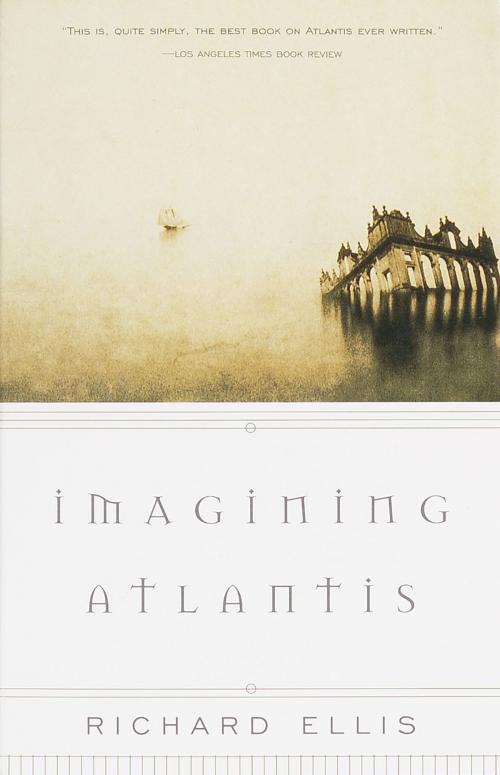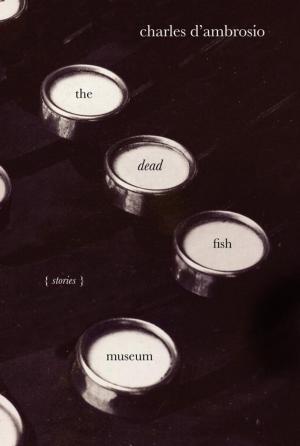Imagining Atlantis
Nonfiction, History, Greece, Civilization, Social & Cultural Studies, Social Science, Folklore & Mythology| Author: | Richard Ellis | ISBN: | 9780307426321 |
| Publisher: | Knopf Doubleday Publishing Group | Publication: | January 11, 2012 |
| Imprint: | Vintage | Language: | English |
| Author: | Richard Ellis |
| ISBN: | 9780307426321 |
| Publisher: | Knopf Doubleday Publishing Group |
| Publication: | January 11, 2012 |
| Imprint: | Vintage |
| Language: | English |
Ever since Plato created the legend of the lost island of Atlantis, it has maintained a uniquely strong grip on the human imagination. For two and a half millennia, the story of the city and its catastrophic downfall has inspired people--from Francis Bacon to Jules Verne to Jacques Cousteau--to speculate on the island's origins, nature, and location, and sometimes even to search for its physical remains. It has endured as a part of the mythology of many different cultures, yet there is no indisputable evidence, let alone proof, that Atlantis ever existed. What, then, accounts for its seemingly inexhaustible appeal?
Richard Ellis plunges into this rich topic, investigating the roots of the legend and following its various manifestations into the present. He begins with the story's origins. Did it arise from a common prehistorical myth? Was it a historical remnant of a lost city of pre-Columbians or ancient Egyptians? Was Atlantis an extraterrestrial colony? Ellis sifts through the "scientific" evidence marshaled to "prove" these theories, and describes the mystical and spiritual significance that has accrued to them over the centuries. He goes on to explore the possibility that the fable of Atlantis was inspired by a conflation of the high culture of Minoan Crete with the destruction wrought on the Aegean world by the cataclysmic eruption, around 1500 b.c., of the volcanic island of Thera (or Santorini).
A fascinating historical and archaeological detective story, Imagining Atlantis is a valuable addition to the literature on this essential aspect of our mythohistory.
Ever since Plato created the legend of the lost island of Atlantis, it has maintained a uniquely strong grip on the human imagination. For two and a half millennia, the story of the city and its catastrophic downfall has inspired people--from Francis Bacon to Jules Verne to Jacques Cousteau--to speculate on the island's origins, nature, and location, and sometimes even to search for its physical remains. It has endured as a part of the mythology of many different cultures, yet there is no indisputable evidence, let alone proof, that Atlantis ever existed. What, then, accounts for its seemingly inexhaustible appeal?
Richard Ellis plunges into this rich topic, investigating the roots of the legend and following its various manifestations into the present. He begins with the story's origins. Did it arise from a common prehistorical myth? Was it a historical remnant of a lost city of pre-Columbians or ancient Egyptians? Was Atlantis an extraterrestrial colony? Ellis sifts through the "scientific" evidence marshaled to "prove" these theories, and describes the mystical and spiritual significance that has accrued to them over the centuries. He goes on to explore the possibility that the fable of Atlantis was inspired by a conflation of the high culture of Minoan Crete with the destruction wrought on the Aegean world by the cataclysmic eruption, around 1500 b.c., of the volcanic island of Thera (or Santorini).
A fascinating historical and archaeological detective story, Imagining Atlantis is a valuable addition to the literature on this essential aspect of our mythohistory.















